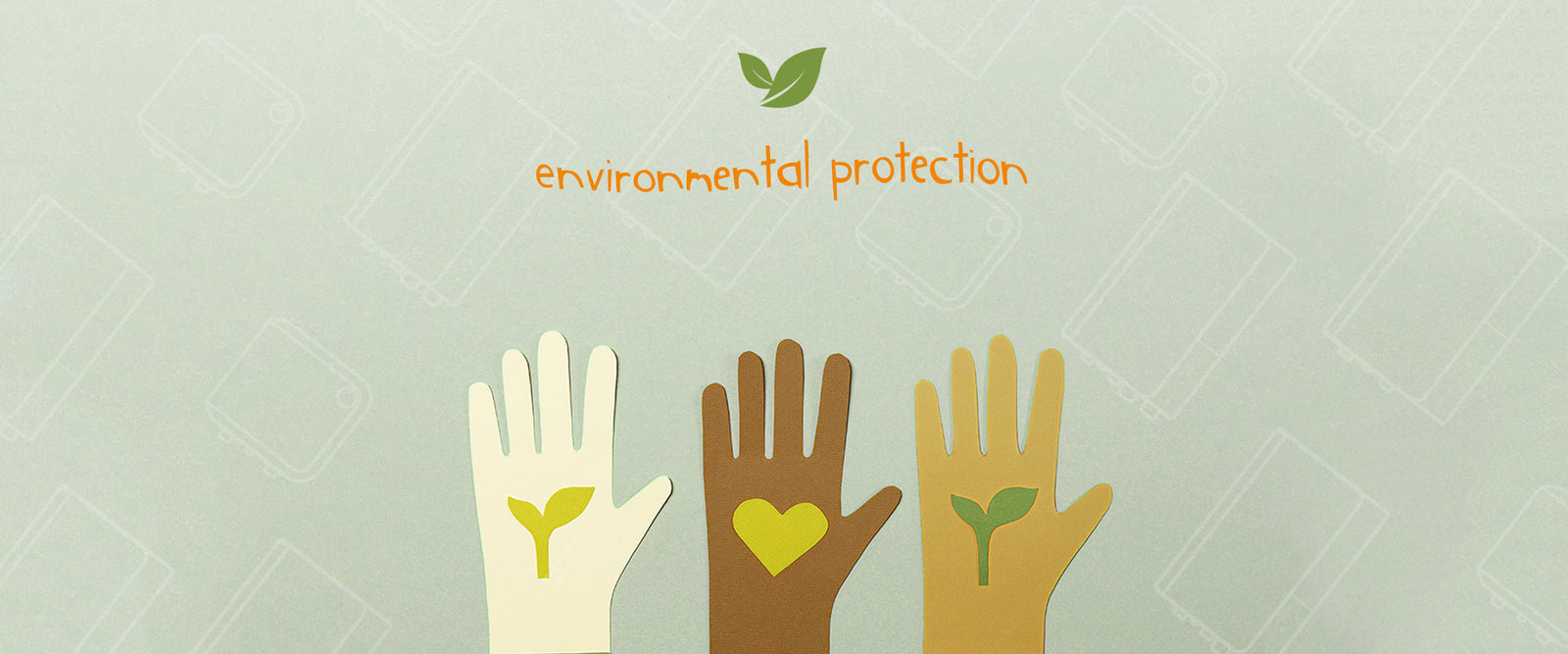In the pursuit of eco-friendly living and sustainable energy practices, the choice of household appliances plays a pivotal role. This article delves into a green-focused comparison between traditional water heaters and tankless electric water heaters, backed by professional data analysis, shedding light on their respective impacts on household energy consumption and the environment.

Traditional Water Heaters:
Traditional water heaters, with their conventional tank-based design, have long been a staple in households. However, from an environmental standpoint, they present challenges that warrant consideration.
1.Standby Energy Loss:
Professional data analysis reveals that traditional water heaters contribute significantly to standby energy loss. On average, these systems can lose up to 20% of the energy consumed due to the constant reheating of stored water, resulting in a higher carbon footprint.
2.Limited Lifespan and Environmental Impact:
Studies show that the limited lifespan of traditional water heaters contributes to environmental impact. The manufacturing and disposal processes associated with shorter-lived appliances increase electronic waste and resource consumption, emphasizing the need for a more sustainable approach.
3.Inefficient Heating Practices:
Data analysis indicates that the continuous heating process of traditional water heaters leads to inefficiencies. During periods of low or no hot water demand, these systems continue to consume energy, contributing to unnecessary environmental strain over time.

Tankless Electric Water Heaters:
Embracing a tankless electric water heater brings forth a paradigm shift towards a greener and more energy-efficient household. Let's explore the eco-friendly advantages with the support of professional data:
1.On-Demand Heating and Reduced Standby Loss:
According to energy efficiency studies, tankless electric water heaters virtually eliminate standby energy loss. The on-demand heating system ensures that energy is only utilized when hot water is actively needed, reducing wasteful energy consumption by up to 30% compared to traditional counterparts.
2.Extended Lifespan and Sustainable Living:
Comprehensive life cycle assessments highlight the extended lifespan of tankless electric water heaters. With a lifespan exceeding 20 years, these systems contribute to sustainable living practices by reducing the frequency of replacements and associated environmental burdens.
3.Superior Energy Efficiency:
Data-driven comparisons of Energy Factor (EF) ratings consistently showcase the superior energy efficiency of tankless electric water heaters. With EF ratings often exceeding 0.95, these systems represent a more effective conversion of energy into hot water, resulting in a 24-34% reduction in energy consumption.
4.Precision and Eco-Conscious Temperature Control:
Studies on user behavior indicate that tankless electric water heaters, with their precise temperature control, promote eco-conscious practices. Users tend to set temperatures more thoughtfully, avoiding excessive energy usage and aligning with green living principles.

Conclusion:
Backed by professional data analysis, the green advantages of tankless electric water heaters are indisputable. As households strive for environmentally friendly energy consumption, making the switch from traditional systems to tankless electric options becomes a strategic and impactful choice. By integrating specific data into the decision-making process, households can not only optimize their energy efficiency but also contribute significantly to a greener and more sustainable future.

